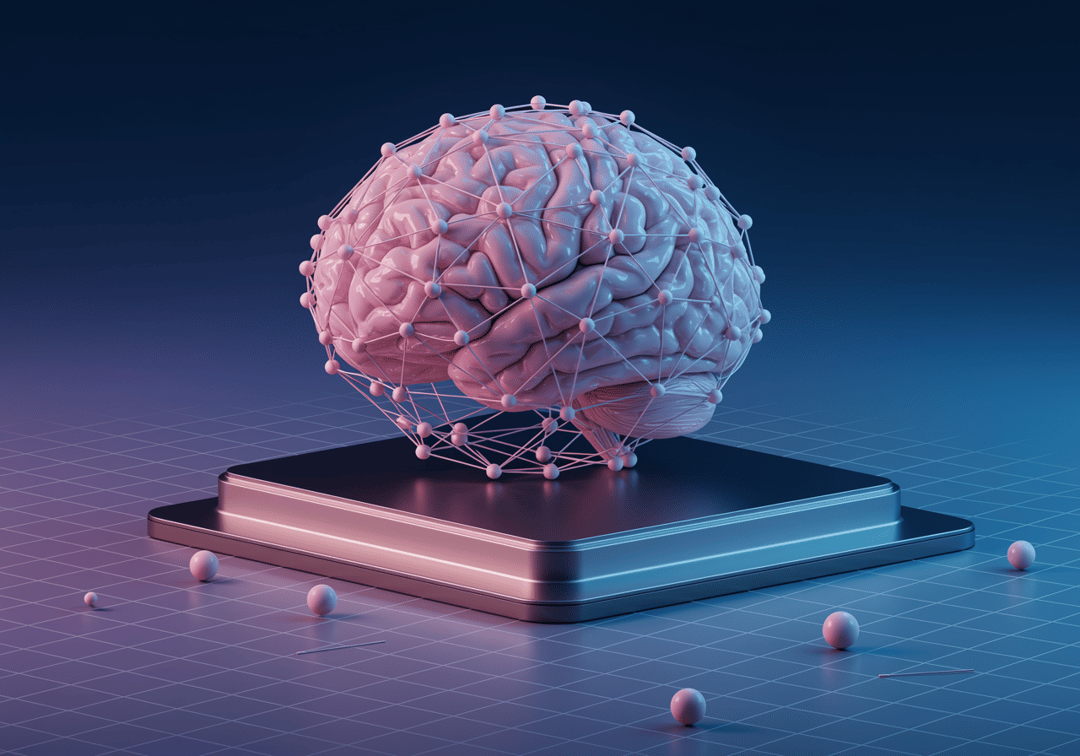Decentralized AI is changing how artificial intelligence works. It uses blockchain, federated learning, and open-source tools to break the control of big tech companies. This approach puts data privacy, transparency, and equal access at the center. It fixes key problems found in traditional, centralized systems. Here’s a straightforward look at how decentralized AI works, what it means, and where it’s being used today.
Why Is AI Decentralization Becoming More Important?
The Problems with Centralized AI
AI is controlled by a few big companies
Tech monopolies like Google, Microsoft, OpenAI, and Amazon dominate AI development through cloud services, proprietary algorithms, and exclusive datasets. This centralization stifles competition, inflates costs for startups, and limits innovation.
Limited data access slows innovation
Centralized AI relies on siloed datasets, restricting access to sensitive information in sectors like healthcare and finance. This creates bottlenecks for training models on diverse data, leading to biased or inflexible outcomes.
Lack of transparency and trust
"Black box" AI models obscure decision-making processes, raising ethical concerns about bias and accountability. Without visibility into training data and algorithms, users cannot verify fairness or address systemic discrimination.
How AI Is Moving Towards Decentralization
New Technologies: Blockchain, Federated Learning & Privacy Protection
Federated learning
This approach trains AI models across decentralized data sources without aggregating raw data. For instance, healthcare institutions can collaboratively improve diagnostic algorithms while keeping patient data private.
Blockchain technology
By recording AI processes on immutable ledgers, blockchain ensures transparency and auditability. Platforms like Certik use blockchain to secure smart contracts by detecting vulnerabilities in real-time.
Zero-knowledge proofs
These cryptographic methods enable AI to analyze encrypted data without exposing it, enhancing privacy in financial transactions or identity verification systems.
Ethical Concerns & User Control Over Data
Decentralized AI empowers users to govern their data usage. Projects like Ocean Protocol allow data providers to monetize datasets while retaining ownership, countering exploitative practices by centralized platforms. Governments and organizations increasingly advocate for such models to align with regulations like GDPR and CCPA.
The Rise of Open-Source AI
Open-source models like DeepSeek and Meta’s Llama reduce reliance on proprietary systems. These frameworks enable community-driven improvements, fostering innovation beyond corporate agendas. For example, Civo’s relaxAI uses Llama to deliver privacy-focused AI solutions hosted in regional data centers, ensuring compliance with local laws.
Key Components of AI Decentralization
Decentralized AI Infrastructure
Akash Network
A decentralized cloud platform that offers cost-effective computing resources for AI, reducing dependency on AWS or Azure. Akash’s marketplace allows businesses to rent underutilized GPU power globally, cutting infrastructure costs by up to 70%.
Blockchain-based verification
Tools like Prove AI use blockchain to track AI model provenance, ensuring compliance with ethical standards. This approach prevents tampering and provides an immutable audit trail for training data and algorithmic decisions.
Decentralized AI Marketplaces
SingularityNET
This platform enables developers to deploy and monetize AI services via blockchain, bypassing intermediaries. Users can purchase AI tools directly, fostering a competitive ecosystem for niche applications in logistics, healthcare, and creative industries.
Smart contract incentives
Protocols like Bittensor reward contributors with cryptocurrency tokens based on their AI model’s utility. This gamifies innovation, ensuring high-quality outputs through decentralized governance.
Will Decentralized AI End Big Tech’s AI Leadership?
Arguments for Replacing Big Tech Monopolies
Professor Ramesh Raskar (MIT Media Lab)
Decentralized AI could unlock trillions in economic value by creating data markets that respect user privacy. His research highlights how federated learning and blockchain can democratize access to AI, enabling small firms to compete with tech giants.
Hilary Carter (Linux Foundation)
Decentralization redistributes power from corporations to users, mitigating risks of algorithmic bias and surveillance capitalism. Open-source models like DeepSeek demonstrate that community-led development rivals the performance of closed-source alternatives.
Counterarguments: Big Tech’s Adaptation
Christian Catalini (MIT Cryptoeconomics Lab)
Centralized systems benefit from rapid capital deployment and infrastructure scalability. Microsoft and OpenAI’s partnerships exemplify how incumbents can co-opt decentralized tools while maintaining control over user bases and revenue streams.
Jake Brukhman (CoinFund)
Regulatory favoritism toward centralized entities may hinder decentralized AI’s growth. For example, stringent GDPR compliance often advantages established players with legal resources, delaying grassroots projects.
Examples: Decentralized AI in Action
SingularityNET
This decentralized marketplace hosts AI services ranging from natural language processing to image recognition. Developers earn AGIX tokens for contributing tools, while enterprises access tailored solutions without vendor lock-in.
Ocean Protocol
A data-sharing platform that lets hospitals, universities, and startups securely exchange datasets. Participants retain ownership while monetizing data, ensuring compliance with privacy laws like HIPAA.
Blackbird.AI
Combines blockchain and AI to verify the authenticity of news content. Off-chain data is audited for accuracy before being stored on-chain, combating misinformation while preserving intellectual property rights.
The Bottom Line
Decentralized AI is not a panacea but a transformative force pushing the industry toward equitable practices. While challenges like scalability and regulatory ambiguity persist, projects like ZettaBlock demonstrate how blockchain-native data can enhance LLM training. The future likely involves hybrid models where decentralized tools complement centralized infrastructures, balancing innovation with oversight.
FAQs
Can AI be decentralized?
Yes, through blockchain, federated learning, and edge computing. These technologies distribute data processing, storage, and governance across networks, reducing single points of failure and enhancing user autonomy.
What is the difference between centralized and decentralized AI?
Centralized AI relies on corporate-controlled data and models, whereas decentralized AI distributes control across nodes, prioritizing privacy, transparency, and community governance.
What is decentralization in machine learning?
It involves training models on distributed devices or servers, preserving data sovereignty. For example, Apple’s use of federated learning in iOS updates minimizes data exposure while improving personalization.

